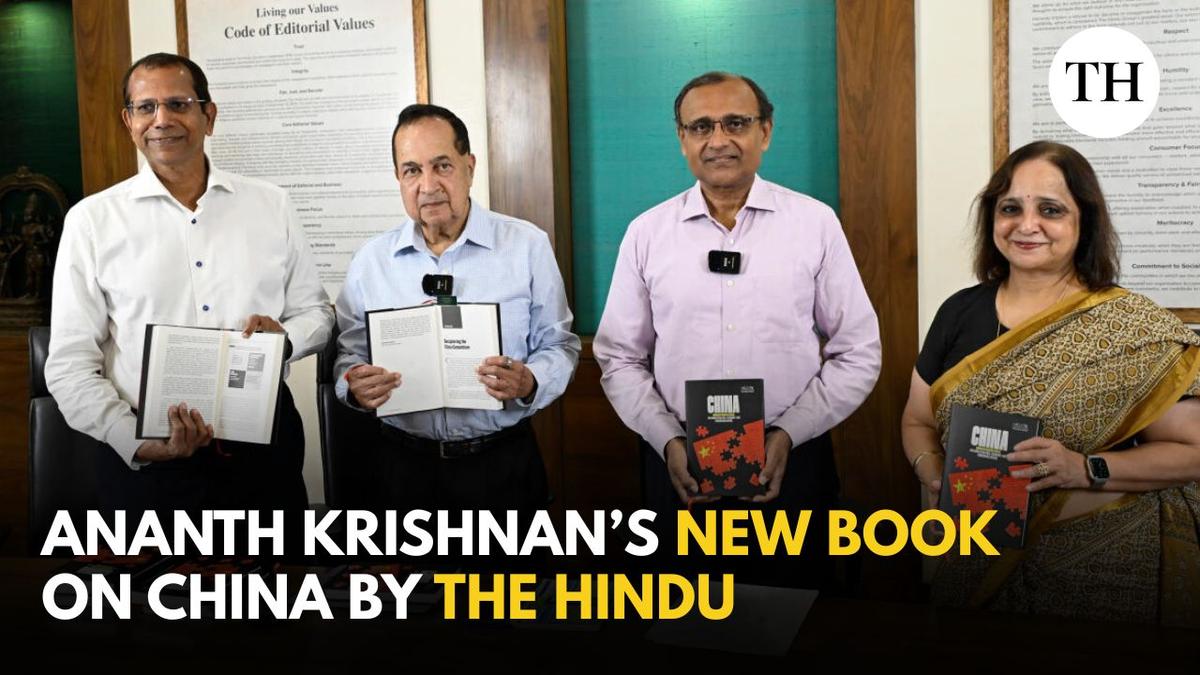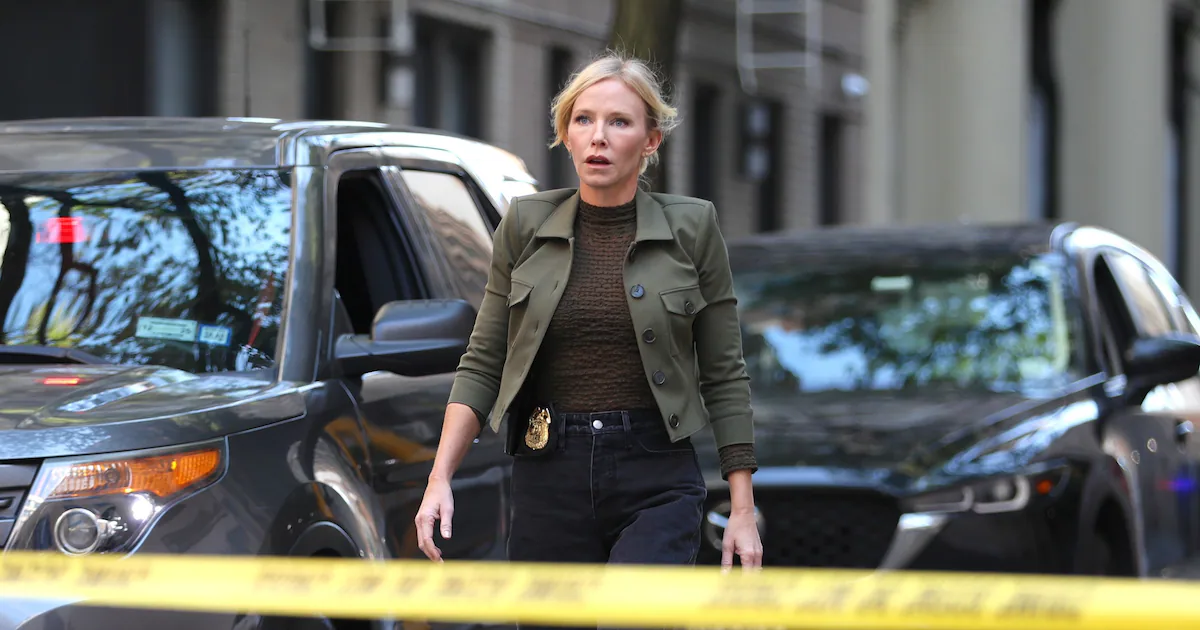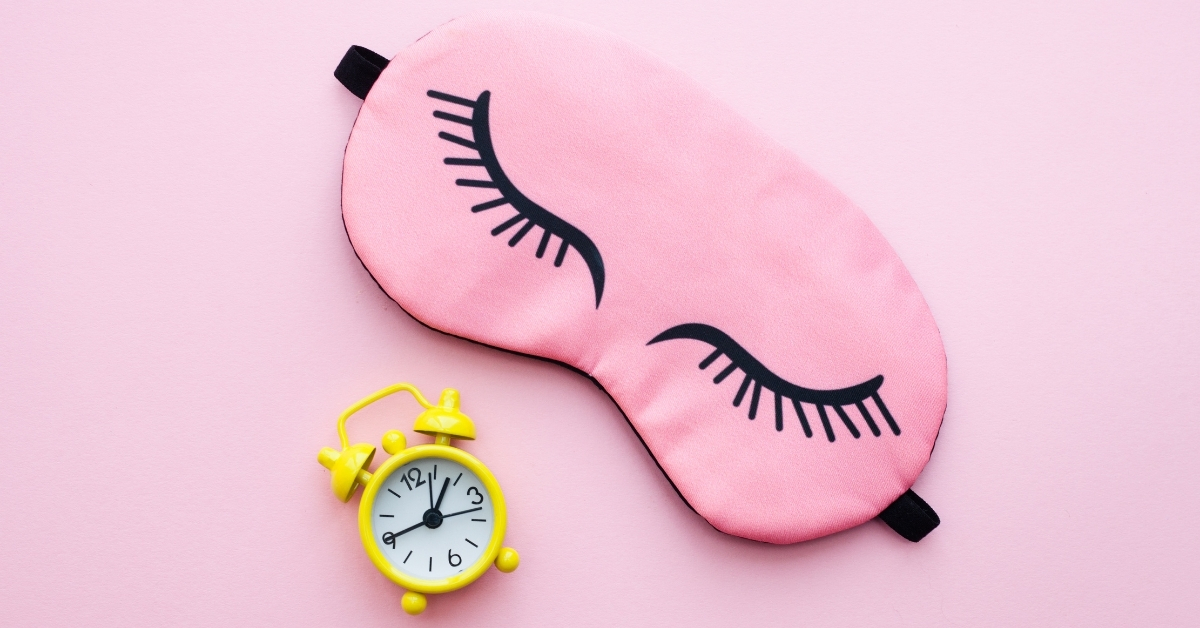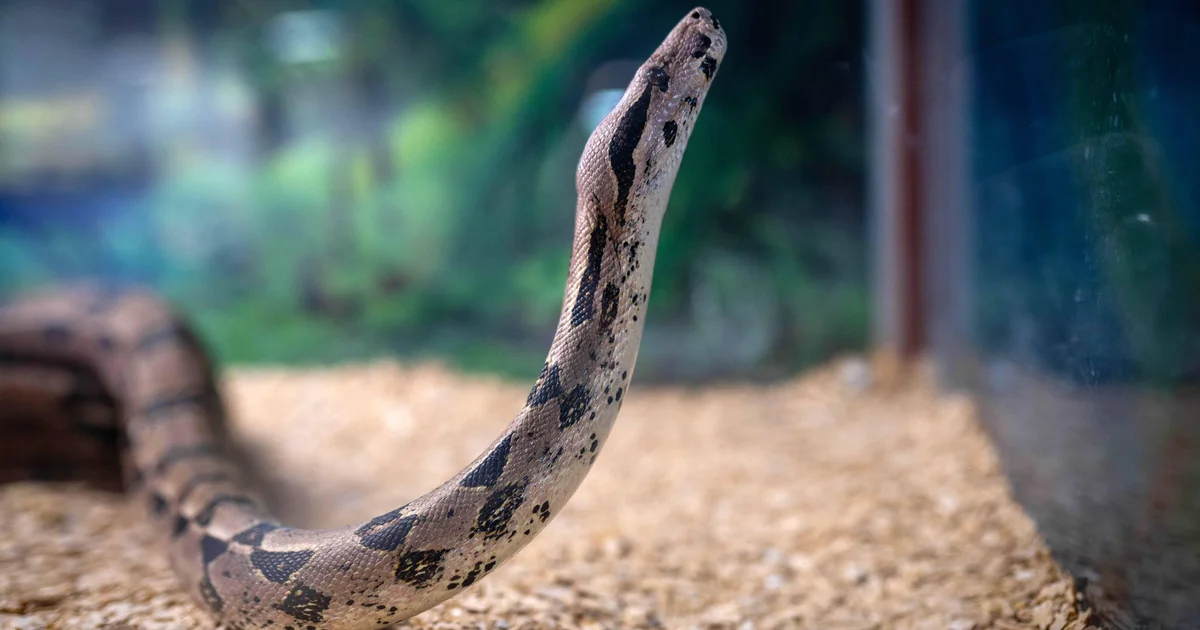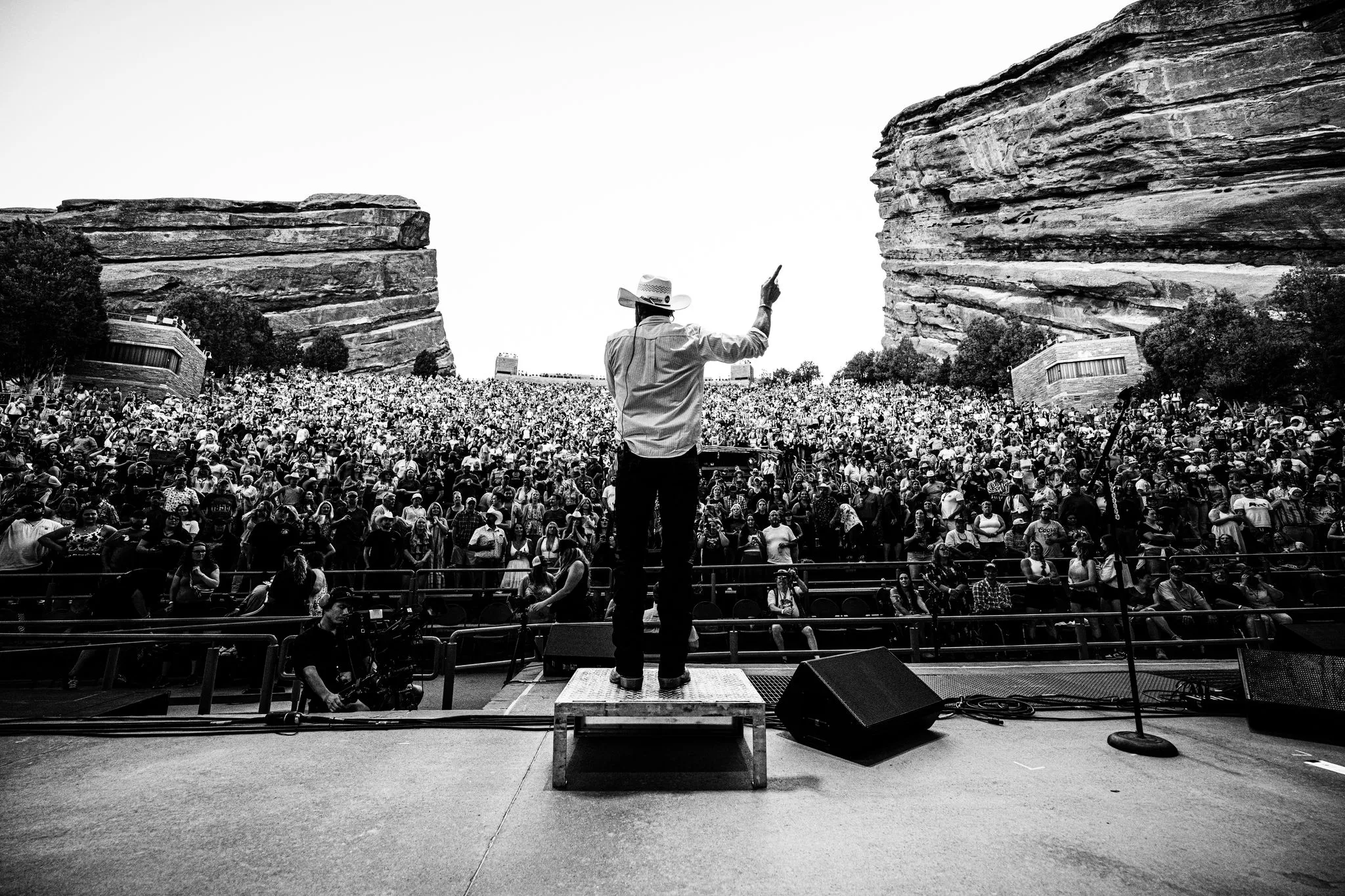
The best country music comes from an authentic heart. Someone who grew up in a home on the range. Someone who knows the smells of pastoral earth so well that they can summon them up from memory: tall grass, black soil, old barns, petrichor. And chances are, they’re probably also wearing a hat.
Which is exactly what Chancey Williams is wearing when we sit down to talk about his upcoming appearance at the Rodeo All Star Weekend at the National Western Complex. The event itself — billed as “where the elite in rodeo meet” — runs from Friday, October 3, through Saturday, October 4; Williams appears on Friday night, and just might be wearing the same outfit he’s got on for our talk. A white Stetson, a denim button-down with pearl snaps — the sort of thing he’d wear while working on his parents’ ranch up in Wyoming. Which he still does, from time to time, when he’s home.
Williams grew up in Moorcroft, Wyoming, a town of just under 1,000 people. His dad ran the ranch, and his mom was a schoolteacher. It’s probably not possible to get more country-music authentic than that last sentence, but hell if Williams doesn’t pull it off with an honest accent and an aw-shucks sincerity that comes across just as clearly and trustworthy in person as it does onstage.
“We all grew up as ranch kids,” Williams says, “me and my brothers. We all started rodeoing because our dad rodeoed, too. That was the main thing we did: rodeo in the summers and wrestle in the winters. In our neck of the woods and a lot of places across the country, they have these little kid rodeos where you can get started. We started at about five, and by elementary school we were competing. You work your way up, and by high school, you’re riding bucking horses. My folks didn’t have a lot of money, but they made it work so we could all compete on local circuits all over. It was a fun life to lead.”
It was also in high school that Williams really picked up the guitar. “It was just for fun,” he says. “Something to do in the in-between times, you know?” Eventually, he and some friends started a band called the Playboys, named for his granddad’s band.
“We knew eight songs,” laughs Williams, recalling his first paid gig with a construction company party in his hometown. “We just played those eight songs over and over again.” He enumerates them like he’s remembering a set list: “Closing Time” by Semisonic. “Just What I Needed” by The Cars. And of course the country tunes too: Garth Brooks’s “Much Too Young” and George Strait’s “Cowboy Rides Away.” “We were all over the place musically,” Williams says. “But I was coming from a place of ’80s and ’90s country.”
College soon called. He got a rodeo scholarship to Casper College and later the University of Wyoming. Throughout college, he kept playing with the same band, now calling themselves the Younger Brothers Band because everyone in the group had older siblings. That name would stick for eight years until the group split.
“Initially, I really went to college just to rodeo,” Williams admits, “but with my mom being a schoolteacher, she was big on getting an education.” Williams took that to heart: He earned associates degrees in both political science and agriculture from Casper College, and then earned a bachelor’s from University of Wyoming in poli sci, followed by a master’s in public administration. He has those degrees hanging on his wall right under a crowded line of rodeo belt-buckles earned from riding saddle broncs.
Williams went to Nashville originally to finish his master’s degree with an internship. It was 2008, and he was able to work some connections through rodeo — specifically the son of Chris LeDoux, who’s not coincidentally the only other country star besides Williams to have both competed in the rodeo at Cheyenne Frontier Days and performed on the main stage. LeDoux’s manager was also the manager for Toby Keith. “That was how I got to work for Toby,” Williams says, “through the LeDoux family. Everyone in Nashville treated me so good. Toby treated me like a son. It was such a great stepping stone for me, and I owe all those guys so much. They helped me choose that path.”
Williams lived and worked in Nashville for a year, and came home after fulfilling his internship. But he’d made a decision while he was there. “I’d decided to make a run for music,” he says. “So I sort of retired from rodeo at that point.”
Part of that decision, says WIlliams, was falling more in love with music when he was in Nashville. But another part of it was also just salt-of-the-earth practicality. “I did the math,” he grins, “on how long I could rodeo and whether it might be better to get a head-start in music. Both careers take a long time, and there is definitely an expiration date for riding bucking horses. You can’t do it forever. And with music, there’s really not. You can sing ’till you’re Merle Haggard or Willie Nelson’s age.”
Given his educational background, combined with his star power, one might wonder if Chancey Williams might entertain tossing that ten-gallon hat of his into the political ring? “It used to be a goal of mine,” he admits, “and if that ever makes sense to me, I’m ready for it. But for now, music is my thing. It’s music for now.”
Authentically so. “There’s not a lot of real cowboys in country music anymore,” Williams says. “There’s a lot of guys that wear hats. Which is fine! To each their own. But I think fans have gravitated to us over the years because they can feel how much we mean it. They know exactly who I am when they hear me.”
